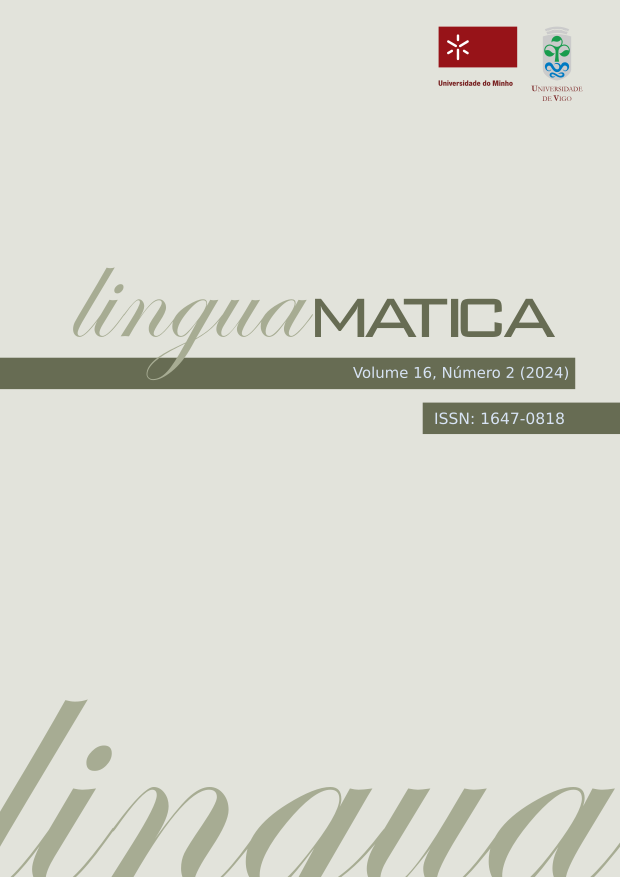Exploring Learning Techniques in Language Models for Classifying Hate and Offensive Speech in Portuguese
Abstract
Social Media platforms, significant in modern debate and communication, face the challenge of managing a vast and disorderly volume of hateful content and disinformation. This work examines the detection of hate speech in Portuguese, contemplating its unique linguistic and cultural nuance. Leveraging Transformer-based models and different training and activation strategies, nine models with variations in architecture, size, and pre-training corpora are evaluated. Our findings show that, even though large generative models with enhanced prompts exhibited promising results, tuned small language models remain superior in addressing this task.
Copyright (c) 2024 Gabriel Assis, Annie Amorim, Jonnathan Carvalho, Mariza Ferro, Daniel de Oliveira, Daniela Vianna, Aline Paes

This work is licensed under a Creative Commons Attribution 4.0 International License.
Authors who publish with this journal agree to the following terms:
- Authors retain copyright and grant the journal right of first publication with the work simultaneously licensed under a Creative Commons Attribution License that allows others to share the work with an acknowledgement of the work's authorship and initial publication in this journal.
- Authors are able to enter into separate, additional contractual arrangements for the non-exclusive distribution of the journal's published version of the work (e.g., post it to an institutional repository or publish it in a book), with an acknowledgement of its initial publication in this journal.
- Authors are permitted and encouraged to post their work online (e.g., in institutional repositories or on their website) prior to and during the submission process, as it can lead to productive exchanges, as well as earlier and greater citation of published work (See The Effect of Open Access).













